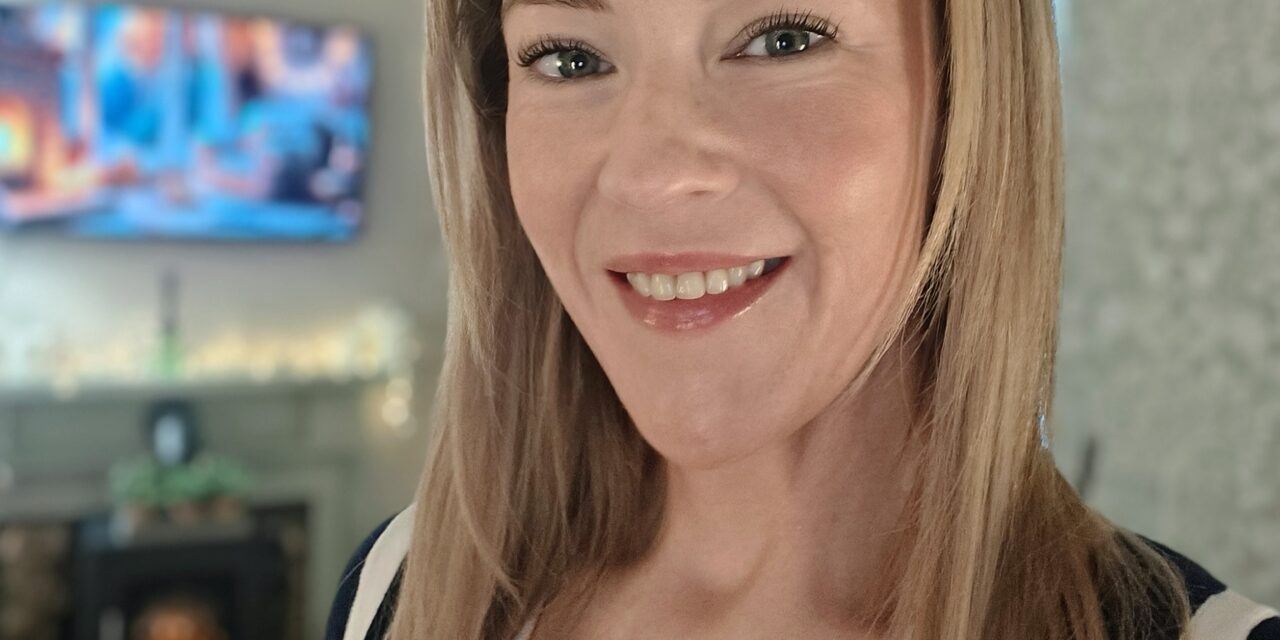Shame: What It’s Really Trying to Do
Shame is one of the hardest emotions to sit with.
It doesn’t shout, it whispers, “Don’t let them see. Keep it together. Don’t fail.”
It makes you want to hide, to stay small, to disappear.
But shame isn’t proof that you’re broken; it’s proof that you care about connection, approval, and belonging.
Shame isn’t trying to ruin you.
It’s trying to protect you; it just learned a painful way of doing it.
What Shame Is Really About
Shame is your mind and body’s ancient alarm system. Thousands of years ago, rejection meant danger. Your brain learned to trigger shame to prevent exclusion, an instinct that once kept us alive.
Today, though, that alarm misfires.
Now shame appears when you make a mistake at work, compare yourself to others, or feel like a bad parent. Your nervous system can’t tell the difference between “I sent a clumsy email” and “I’m unsafe.”
That’s what shame really is, the fear of disconnection disguised as self-blame.
How to Know When Shame Is Active
Shame hides beneath other emotions and behaviours, often in people who appear confident or composed.
You might notice it as:
• A tight chest or heat in your face.
• A sudden urge to hide or go quiet.
• Snapping at someone and regretting it.
• Over-explaining to prove you’re not wrong.
• Overworking or striving for perfection.
• Avoiding closeness because it feels risky.
When shame is active, your system moves into survival mode, freeze, fawn, or fight.
Shame says, “Stay hidden and you’ll be safe.”
But that safety is an illusion. It keeps you isolated and exhausted.
The Link Between Shame, Anxiety, and Burnout
Shame fuels anxiety. It tells you that unless you perform or prove yourself, you’ll be rejected.
So, you push harder until you’re drained and burnt out.
You’re not lazy or weak; you’re living in a nervous system stuck in overdrive, trying to earn belonging through achievement.
When shame and burnout combine, you don’t just feel tired; you feel empty and disconnected.
Understanding this isn’t self-pity, it’s self-awareness. That’s where healing begins.
Understanding Emotional Overload
How to Take Care of Shame
You can’t outthink shame; you meet it with compassion.
-
Notice the signal: It starts in the body. Pause and feel it.
-
Name it: “This is shame. It’s trying to protect me.”
-
Ground your body: Breathe, drop your shoulders, feel your feet.
-
Soften the voice: Respond kindly, “I made a mistake, but I’m still human.”
-
Talk to someone safe: Shame shrinks in empathy.
-
Let go of performing: You don’t have to earn your worth.
You deserve rest, connection, and self-acceptance, not constant proof.
Shame doesn’t mean you’ve failed; it means you’re human.
It’s your nervous system’s outdated attempt to keep you connected.
You don’t need to fight it, just understand it.
When you meet shame with awareness and compassion, you begin to live from strength, not fear.
You feel more grounded. More present. More you.
Managing Anxiety in Everyday Life
Understanding Stress and Burnout
If any of this sounds familiar, the overthinking, the pressure, the emptiness, you’re not broken. You’re human and exhausted.
I work with professionals who feel this way every day: people who seem to be coping on the outside but feel disconnected inside. Together, we unpack the patterns behind anxiety, burnout, and shame so you can feel calm and in control again.
You don’t need to push through anymore. You need space to breathe, understand, and begin again.
Rachel McCormick
I’m Rachel, a BACP-accredited CBT psychotherapist and former finance professional.
For years, I lived the “high-achiever” life, full of success on paper but emotional exhaustion underneath.
Now, I help professionals understand what’s really going on beneath the surface.
Because when you stop fighting your emotions and start understanding them, everything changes.
You don’t just cope, you begin to feel alive again.
You deserve to thrive. You are worth being taken care of.







